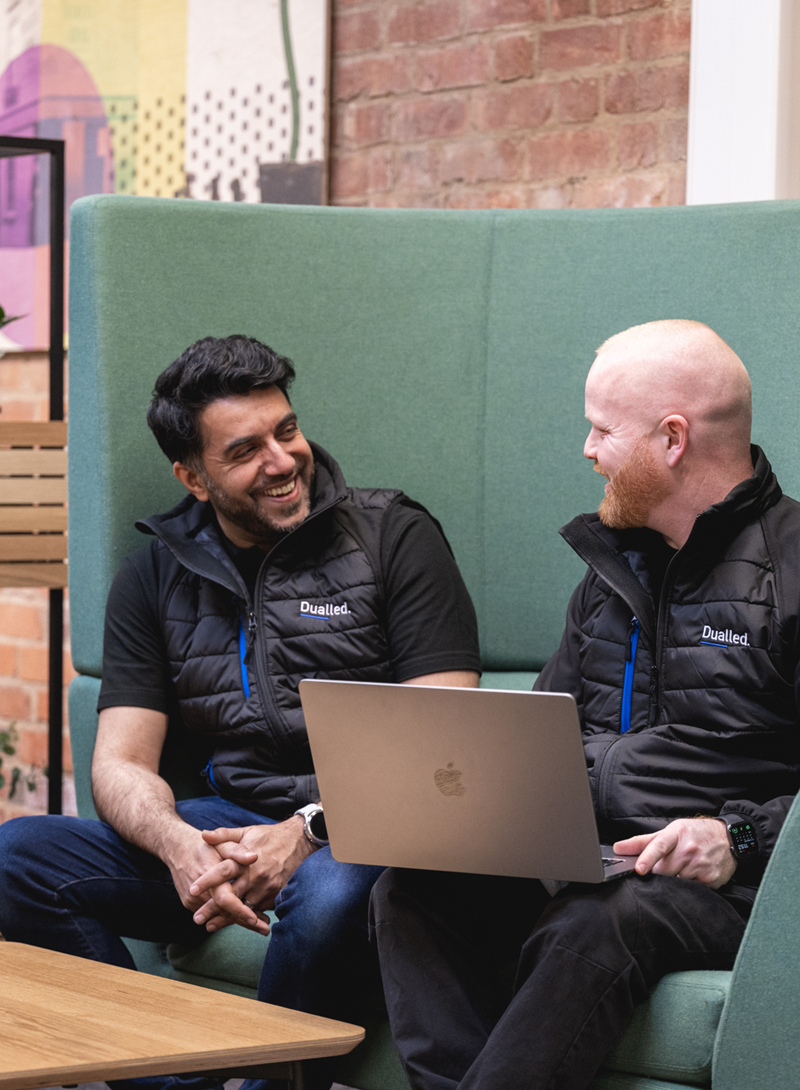Operational Efficiency
Process Standardisation
Organisations face the challenge of managing complex and disparate processes that can hinder productivity, quality, and agility.
Process Standardisation offers a strategic approach to harmonising and streamlining business processes across the organisation, leading to greater efficiency, consistency, and scalability. By establishing clear and uniform standards for key workflows and procedures, organisations can simplify operations, reduce errors, and enhance overall performance.
We help businesses assess, redesign, and implement standardised processes that align with their strategic objectives and drive operational excellence. Through a systematic approach to process analysis, documentation, and optimisation, we help organisations to achieve greater consistency, reliability, and efficiency in their operations.
Initial Consultation
We initiate the process by conducting an initial consultation with key stakeholders to understand the organisation's goals, pain points, and priorities related to process standardisation. This helps us tailor the assessment process to the organisation's specific needs and objectives.
Process Inventory
We conduct a comprehensive inventory of the organisation's existing processes, documenting workflows, dependencies, inputs, outputs, and stakeholders involved. This process inventory provides a holistic view of current operations and serves as the foundation for standardisation efforts.
Process Analysis
We analyse the documented processes to identify variations, redundancies, and inefficiencies across different departments or functions. This analysis helps pinpoint areas where standardisation can lead to improvements in efficiency, quality, and consistency.
Standardisation Guidelines
We develop standardised guidelines, templates, and best practices for executing key tasks and activities within the organisation. These guidelines define clear expectations and procedures for employees, ensuring consistency and alignment with organisational goals.
Process Documentation
We document the standardised processes in a centralised repository, making them easily accessible to employees across the organisation. This documentation includes step-by-step instructions, diagrams, and supporting materials to guide users through each process.
Training and Communication
We provide training and communication sessions to educate employees about the standardised processes and their importance for achieving organisational objectives. This helps build buy-in and alignment among staff members and encourages adoption of new ways of working.
Technology Alignment
We assess the organisation's technology infrastructure to ensure alignment with standardised processes. This may involve integrating existing systems, implementing new software solutions, or configuring workflow automation tools to support standardised workflows.
Performance Measurement
We establish key performance indicators (KPIs) and metrics to measure the effectiveness of standardised processes. This allows organisations to track progress, identify areas for improvement, and make data-driven decisions to optimise performance.
Continuous Improvement
We promote a culture of continuous improvement by regularly reviewing and refining standardised processes based on feedback, insights, and changing business needs. This iterative approach ensures that processes remain relevant, efficient, and aligned with organisational goals over time.
Change Management Strategy
Recognising the importance of change management in process standardisation initiatives, we develop a strategy for managing organisational change, addressing resistance, and fostering a culture of innovation and collaboration.
Process Standardisation is crucial for enhancing efficiency and consistency across an organisation. Our service starts with an initial consultation, followed by a comprehensive inventory and analysis of existing processes. We develop standardisation guidelines, document processes, and provide training for a seamless adoption. Technology alignment ensures systems support standardised workflows.
The benefits of doing:
Enhanced Efficiency: Standardised processes reduce variation, eliminate redundant steps, and streamline workflows, leading to increased productivity and faster task completion.
Consistency and Reliability: Standardisation ensures that tasks are performed consistently across the organisation, resulting in predictable outcomes, improved quality, and enhanced customer satisfaction.
Scalability: Standardised processes provide a scalable framework that can accommodate growth and expansion without sacrificing efficiency or quality, enabling organisations to adapt to changing demands and market conditions.
Reduced Errors: Clear guidelines and standard procedures help minimise errors, rework, and mistakes, resulting in fewer defects, lower risk, and cost savings associated with rectifying errors.
Improved Agility: Standardised processes enable organisations to respond quickly to changes, opportunities, and challenges by providing a flexible and adaptable framework that supports innovation, agility, and continuous improvement.
The consequences of not:
Inefficiency and Waste: Without standardised processes, organisations may experience inefficiencies, delays, and waste due to inconsistent practices, redundant tasks, and manual workarounds.
Poor Quality: Lack of standardisation can lead to variability in outputs, resulting in errors, defects, and customer dissatisfaction, damaging the organisation's reputation and credibility.
Limited Scalability: Non-standardised processes may hinder the organisation's ability to scale operations and support growth, leading to bottlenecks, inefficiencies, and missed opportunities.
Increased Risk: Inconsistent processes increase the risk of errors, compliance issues, and operational failures, exposing the organisation to financial, legal, and reputational risks.
Resistance to Change: Employees may resist changes to non-standardised processes due to unfamiliarity, uncertainty, or perceived threats to job security, impeding adoption and hindering organisational performance.


